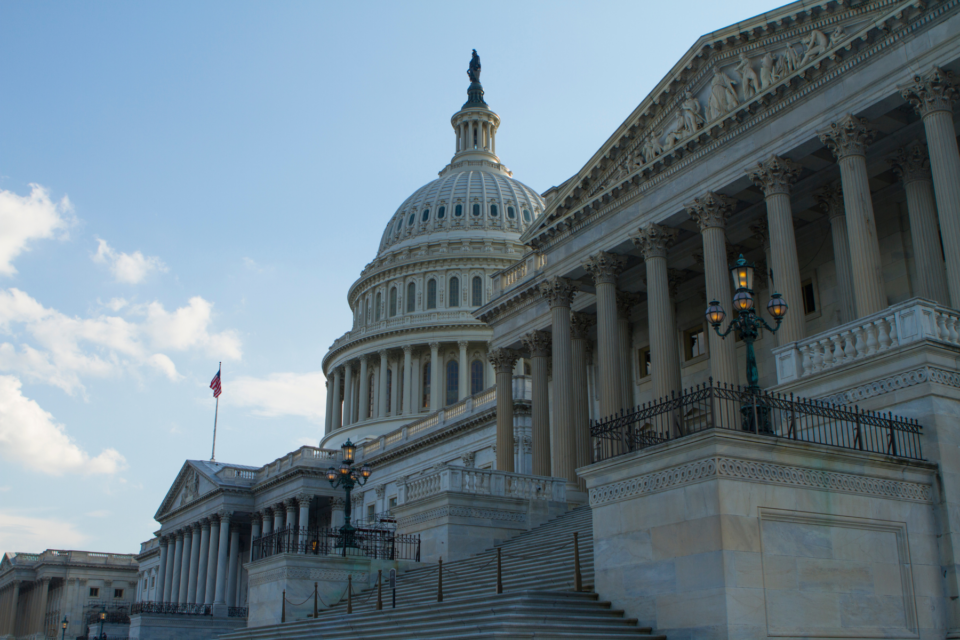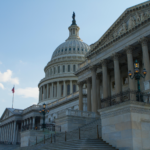The Work to Right Wrongful Regulations

In recent years, regulatory actions have played a significant role in shaping the business landscape. The U.S. Chamber of Commerce continues to encourage lawmakers to take action to ensure that regulations are fair, effective, and support business growth, especially with the upcoming Senate deadline on May 6.
With regulations imposing a substantial economic burden—estimated at $1.8 trillion—it’s clear that policies must be evaluated carefully. Many regulations that have been implemented in recent years could benefit from review and reconsideration, especially those that unintentionally limit innovation and access to essential services.
The U.S. Chamber of Commerce is advocating for the repeal of three Consumer Financial Protection Bureau (CFPB) regulations that risk access to important financial and healthcare services. For example, one regulation the U.S. Chamber supports disapproving could undermine credit markets and restrict access to affordable healthcare, especially in rural communities. Additionally, two other CFPB regulations that the U.S. Chamber backs for disapproval have passed through both chambers of Congress and are awaiting the President’s signature. The first of those would effectively prohibit bank overdraft products, limiting access to these protections for middle-class consumers. The second would stifle innovation by limiting the ability of web-based retail businesses to send online payments.
Congress should also disapprove the Federal Trade Commission’s (FTC) regulation, which imposes unnecessary restrictions on businesses and their ability to offer competitive products and services that help keep consumer prices low. The U.S. Chamber supports disapproving an FTC regulation that would disrupt over a billion recurring subscription agreements. This regulation would limit companies across various sectors—from internet and home security services to lawn care and meal kits—in their ability to offer these popular and valuable promotions.
WY it Matters: Regulation plays a vital role in safeguarding the health, safety, and economic well-being of consumers, both nationally and in Wyoming. However, it’s crucial that regulations are tailored to strike the right balance—protecting consumers without imposing unnecessary burdens on businesses. By utilizing tools like the Congressional Review Act (CRA), we can prevent regulatory overreach, promoting policies that not only protect consumers but also consider the broader economic impact on businesses and local economies. A well-balanced regulatory approach helps keep Wyoming’s businesses competitive and ensures they can continue to thrive while meeting the needs of their communities.


